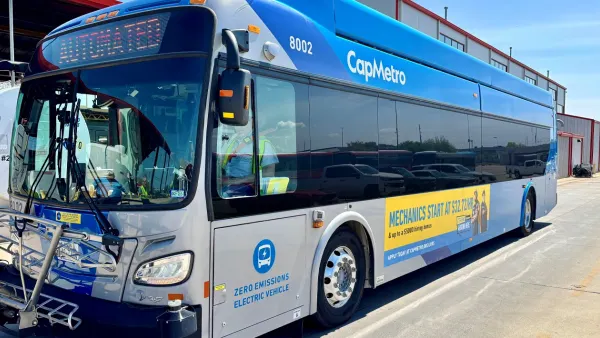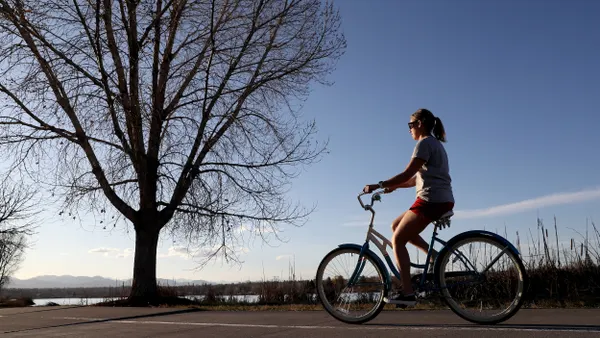Dive Brief:
- Arizona Gov. Doug Ducey signed an executive order creating the Institute for Automated Mobility (IAM), a public-private consortium to collaborate on research and testing of autonomous vehicles (AVs).
- The Institute will be overseen by the Arizona Commerce Authority and has members from the Arizona Department of Transportation, the Arizona Department of Public Safety, the Governor’s advisor for science and technology, Arizona State University, the University of Arizona and Northern Arizona University. Intel Corp. is the group’s first private-sector partner, and the group will include representatives from any company testing AVs in the state.
- The IAM will include a testing track, several miles of real road with technology-neutral infrastructure, a simulation lab to test real-world scenarios and a Traffic Incident Management project to apply public safety policies to AV technology.
Dive Insight:
Arizona has tried to position itself as an autonomous vehicle hub, easing up regulations to allow testing on public roads and actively welcoming companies like Uber and General Motors to launch test fleets. Waymo, the self-driving arm of Google, launched in Chandler, AZ in 2016 and is set to have a fleet of self-driving taxis begin taking fares on Arizona roads before the end of the year (although technical issues could delay that launch). In March, Ducey signed an executive order to allow AVs to operate without a human driver, ensuring the state would be one of the most open to testing.
That openness has had its downsides, as evidenced by the fatal collision earlier this year between an Uber self-driving car and a pedestrian in Tempe, AZ. That crash led to companies around the country pausing their tests and contributed to public concerns about the safety of the cars.
The institute will take a step toward keeping tests going with more state oversight. Rather than simply allowing companies to run vehicles on the road, they can instead use the test track facility or test on roadways in collaboration with the state. The collaborative effort will also emphasize safety and roadway policies; Ducey said in a statement that the state was committed to providing "leadership and knowledge necessary to integrate these technologies into the world’s transportation systems."
The move will keep Arizona competitive with states like California and Virginia that have also opened up testing facilities and attracted industry players, as states and cities race to become the hub for the future of mobility.










